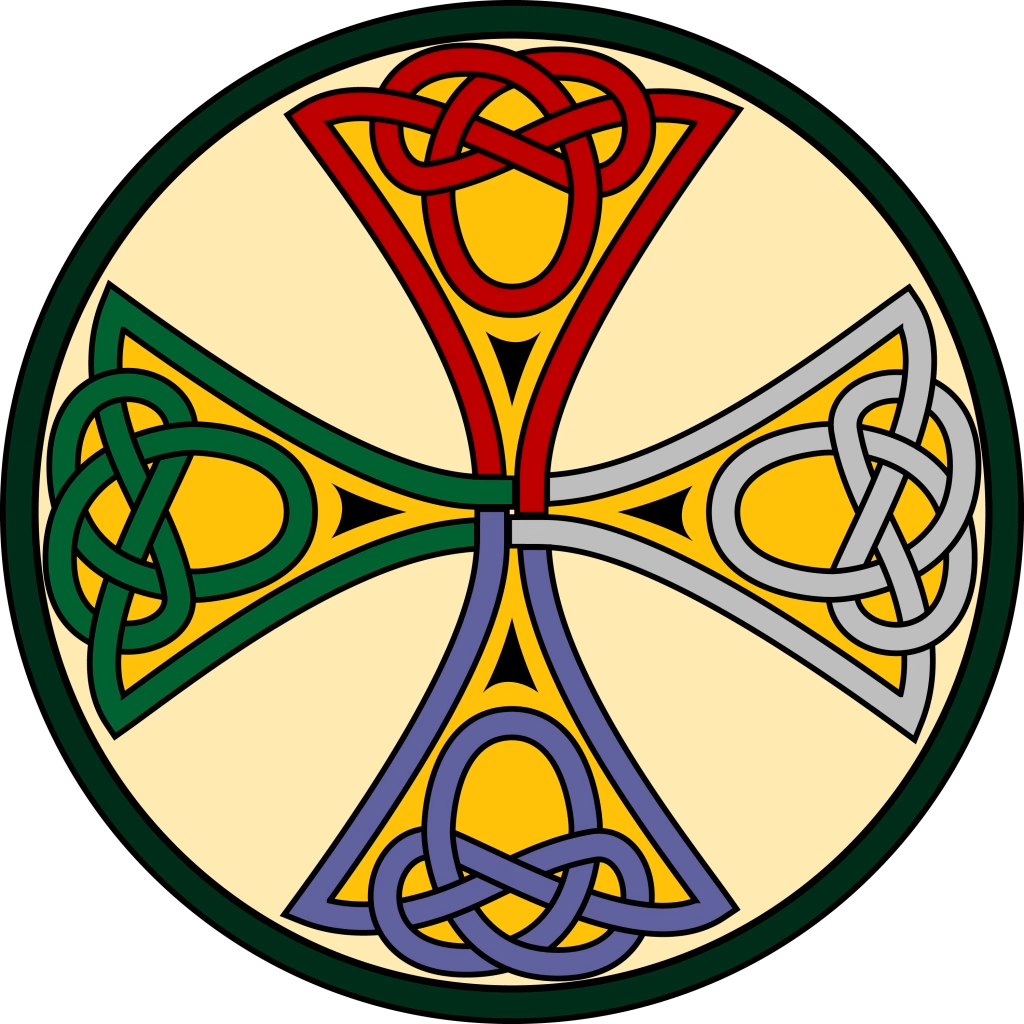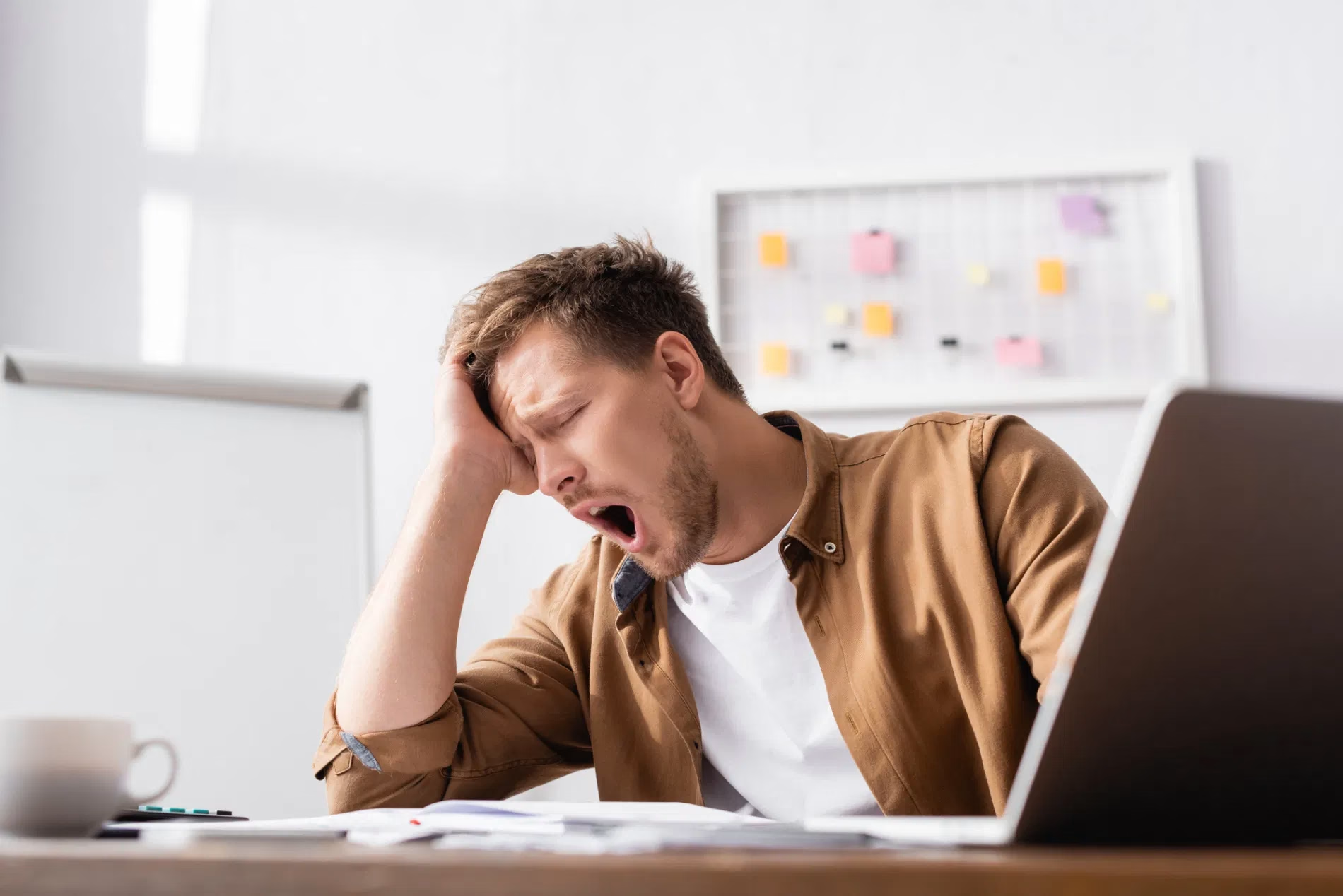Stress or infection may be causes
The cause of ME/CFS isn’t clear, but experts have some theories. For example, many patients with ME/CFS remember that their symptoms started with a bout of what felt like the flu. Some scientists believe this points to some kind of infection or virus as the cause, most notably the Epstein-Barr virus. Another theory is that ME/CFS results from a perfect storm of many factors, such as stress, weakened immunity or an infection that may initiate the onset of symptoms.
Many ME/CFS patients describe undergoing a great deal of physical or emotional stress before becoming ill. And some scientists agree that ME/CFS may be caused by emotional stress that’s severe enough to weaken your immune system. They believe that stress can upset your brain’s hypothalamic-pituitary-adrenal axis (HPA axis). The HPA axis regulates your body’s hormones, including the stress hormones cortisol and adrenaline. Disruption of the HPA axis can also upset and weaken other body functions, most notably, your immune function.
There’s no cure for ME/CFS, so conventional treatment is focused on relieving symptoms. This may include treating depression, addressing sleep issues, and prescribing medications for pain. The symptoms of ME/CFS are generally most pronounced during the first year or two, and for many people, they get better with time. Some, however, report that they continue to struggle to recover their health and former level of function entirely.
Help for ME/CFS with Acupuncture and Chinese Medicine
The principles of acupuncture and Chinese medicine are based on energy or Qi. Essentially, to be healthy, you must have enough energy to support the functioning of your body’s many systems, and that energy must flow freely. When your body’s energy doesn’t flow, symptoms of blockage emerge, such as infections, menstrual clots, headache, painful joints, muscle spasms and tension. With ME/CFS, a lack of energy is the underlying source of symptoms. Not having enough energy to do everyday tasks or symptom aggravation after overdoing it are prime examples of energy/Qi depletion.
In treating ME/CFS with acupuncture, it’s important to understand the underlying cause of the energy depletion and to provide treatments to restore your energy to pre-ME/CFS levels. Several research studies* support the use of acupuncture in treating ME/CFS. Scientists have found that acupuncture can reduce physical and emotional fatigue, improve quality of life, increase physical functioning, decrease pain, help sleep, and improve mental health in patients with ME/CFS.
*Source: https://www.verywellhealth.com/acupuncture-for-chronic-fatigue-syndrome-715648
Chinese Herbal Medicine and Food Therapy also offer help
In addition to acupuncture, most practitioners of Chinese medicine are trained in the use of herbal medicine not only to augment their acupuncture treatments but also as a stand-alone therapy. Herbs may be used to boost energy, strengthen immunity, treat insomnia and reduce stress and other mental health symptoms. Good nutrition is also crucial for patients with ME/CFS, as your energy is produced from the food you eat. Chinese food therapy focuses on eating the right foods to support your health and promoting good digestion—both as a way to improve your energy. Herbal and nutritional therapies are based on each person’s specific needs, symptoms and health history.
Clearly, ME/CFS comes with many challenges, including getting a correct diagnosis. The good news is that acupuncture and Chinese medicine can offer effective natural treatment options. Contact our clinic if you want to know more about how Dr Vickery uses acupuncture and Chinese medicine to help her patients with ME/CFS.




